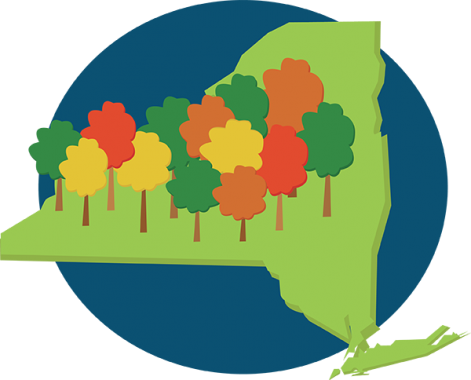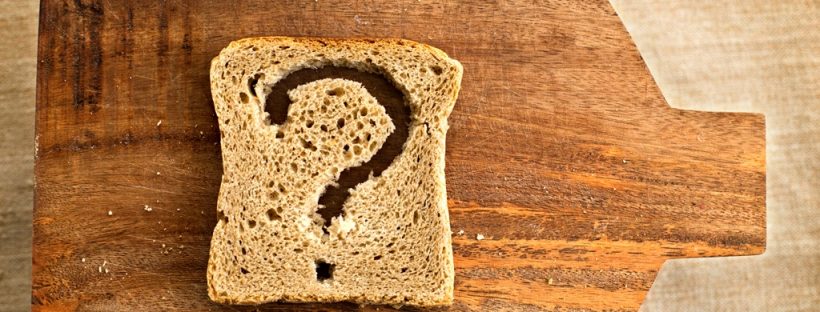Gluten gets a bad rap these days. But is it deserved?
What is Gluten?
Gluten is a protein that is naturally found in wheat, rye, barley and similar grains. The protein gives the grain its shape, strength, and texture. It’s typically found in products like bread, cereal, and pasta.
Gluten can be a problem for some people. About 3 million Americans have celiac disease, which is an auto-immune digestive disorder where eating this protein can lead to serious health problems. Other folks have a gluten sensitivity or intolerance, where consuming it results in headaches, dizziness, rashes and other symptoms. For people with celiac disease or a sensitivity, eliminating all sources of this protein from the diet can reduce problems and symptoms associated with their condition.
Going Gluten-Free
It’s often thought that a gluten-free diet is healthier than a conventional diet. True, many nutritious foods are naturally gluten-free, like fruits, vegetables, and nuts. Following this diet may help you eat more whole, unprocessed foods. But, just because a product is gluten-free, doesn’t mean it’s healthier. Gluten-free cookies, for example, and other baked goods are still highly processed and are high in calories and added sugar.
Additionally, whole grains, like whole-wheat foods, contain the entire grain kernel and include nutrients like dietary fiber, B vitamins and minerals like iron and magnesium. Going gluten-free means potentially missing out on the benefits of whole grains, including reducing the risk of heart disease and help with weight management. Recent research suggests that people should not be encouraged to remove gluten from their diet unless it’s medically recommended.
Don’t worry if you do have celiac disease or a sensitivity: you can still reap the benefits of whole grains by choosing foods like buckwheat, quinoa or brown rice.
What’s the Bottom Line?
If you think you might have celiac disease or a sensitivity, talk with your doctor before making changes to how you eat. Otherwise, whole grains should be included as part of a balanced diet. Need some inspiration? Avocado toast is a great way to enjoy whole grains.
- Healthy Snacking Tips from a Football Party Veteran - February 2, 2022
- Why I Will Be in Line for A Flu Shot This Year - February 21, 2021
- Small Steps to Prevent Big Falls: Protecting Older Adults from Injury - February 20, 2021



Thank you for telling it pretty much like it is and getting to the point without a lot of hocus pocus, I eat gluten free because I have celiac disease, and absolutely must avoid wheat, rye and barley to avoid serious consequences. One point you could have raised is that there is much better – both quantity and quality – of whole grain gluten free breads and pastas on the market. I am 70 years old and can remember a very limited diet as a child in part because there was still a lot to learn about celiac management and in part because there were no alternatives for breads, pastas, etc. like we have today. I am absolutely in agreement with your statement about gluten free not equaling a healthy diet but I find that my avoidance of restaurants and infrequency of sugary desserts really helps me keep my weight in check.
Hi Deborah – I’m glad to hear that you’re finding a lot more options now when it comes to gluten-free products. Thank you for your comment!